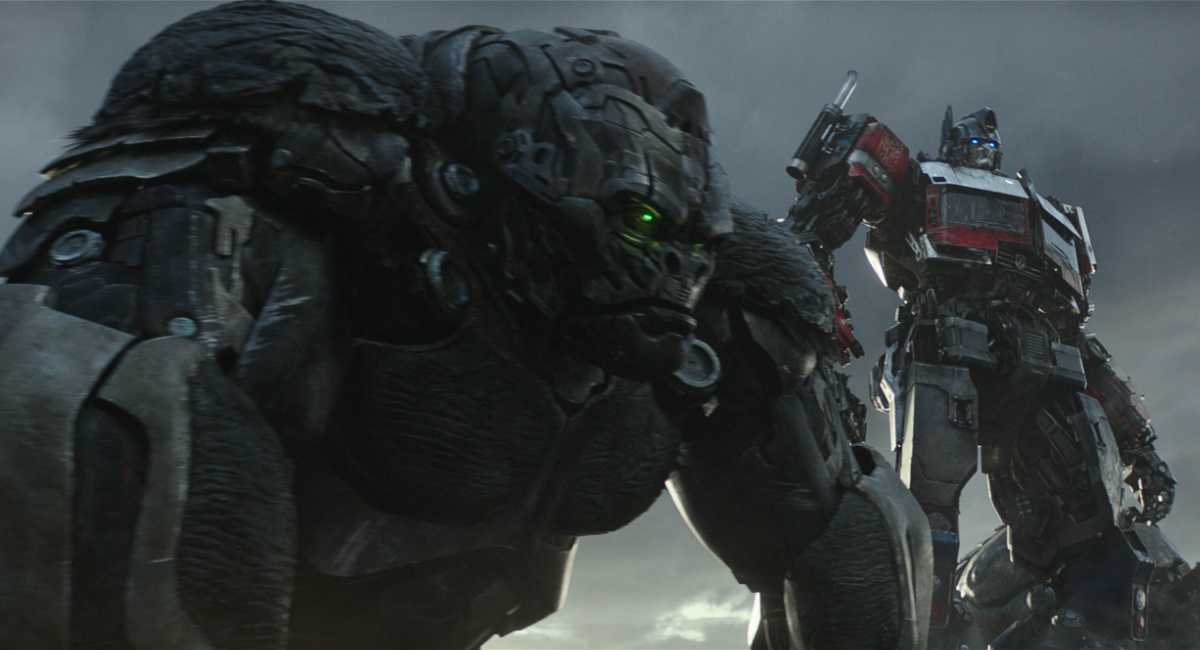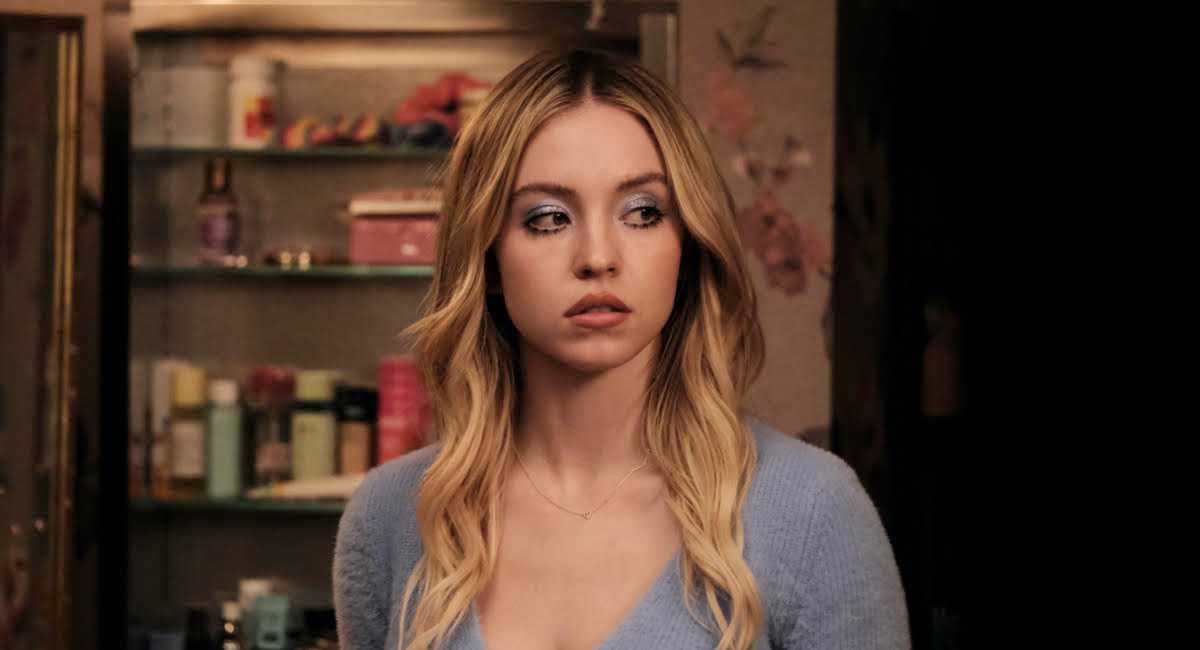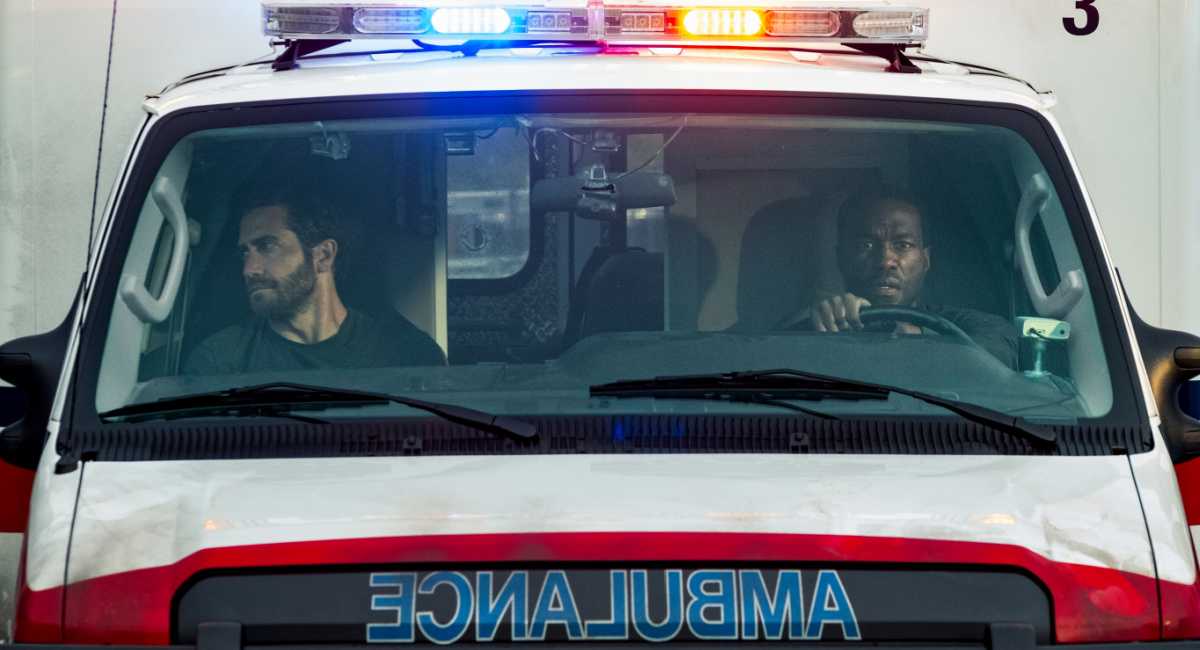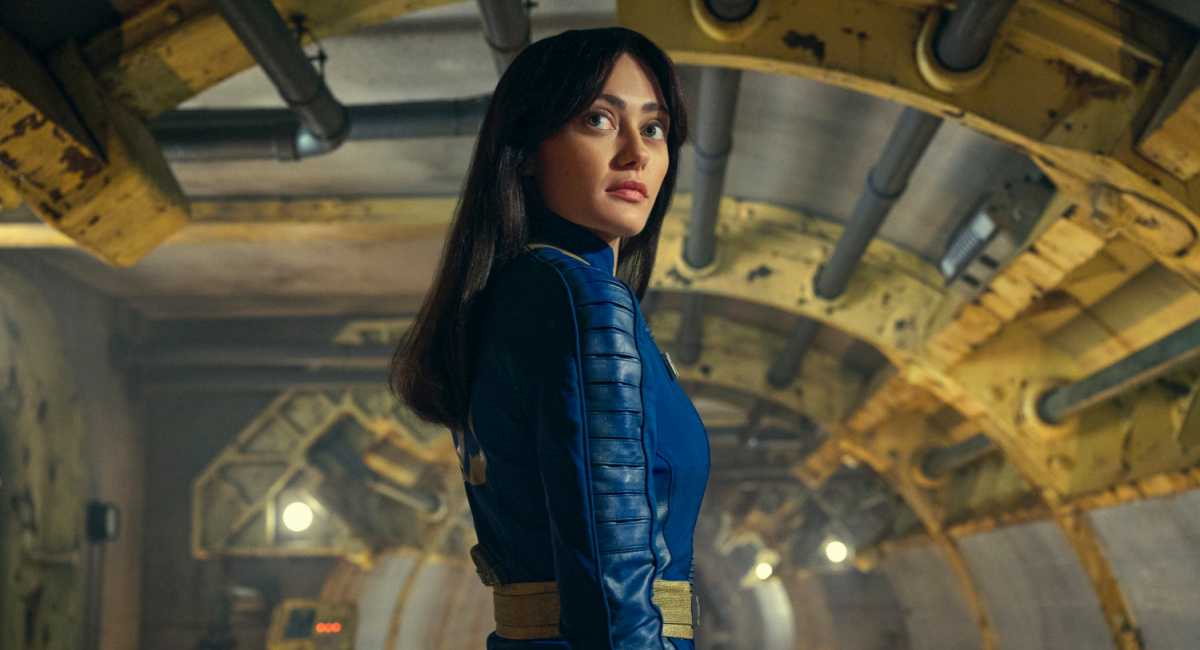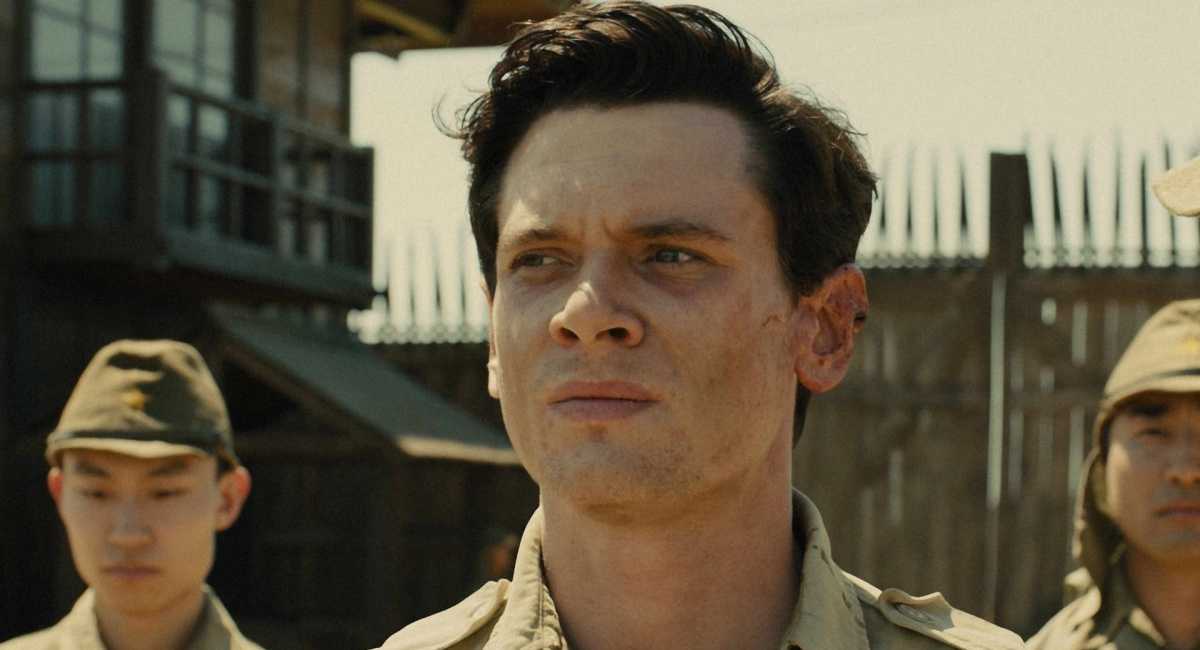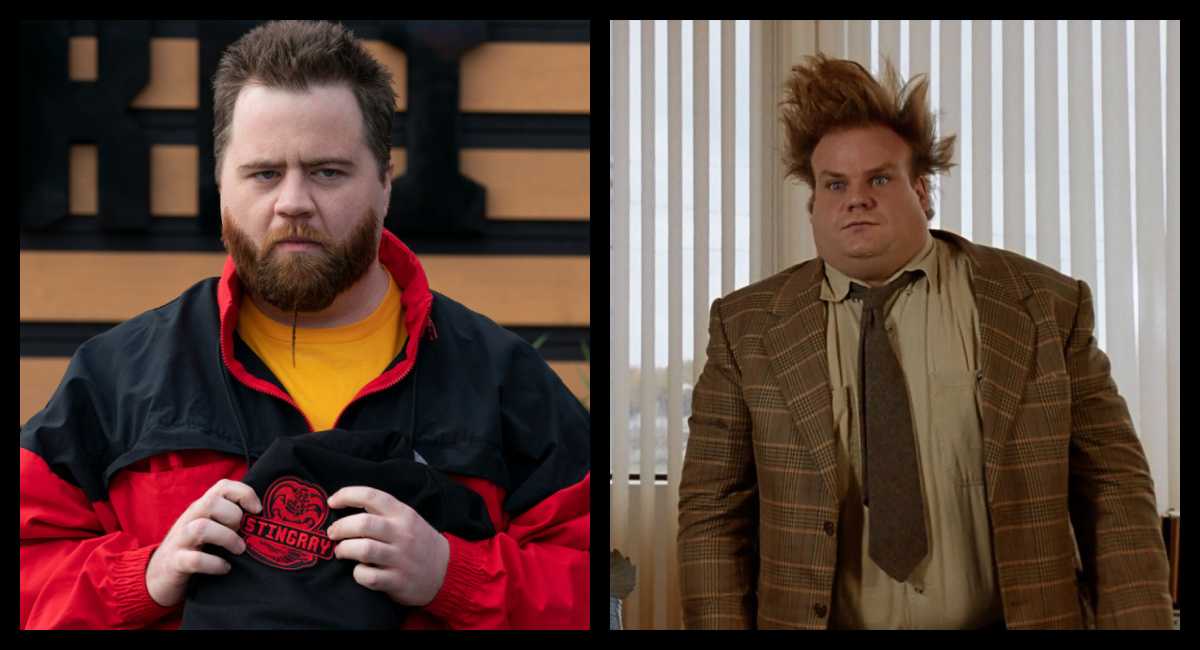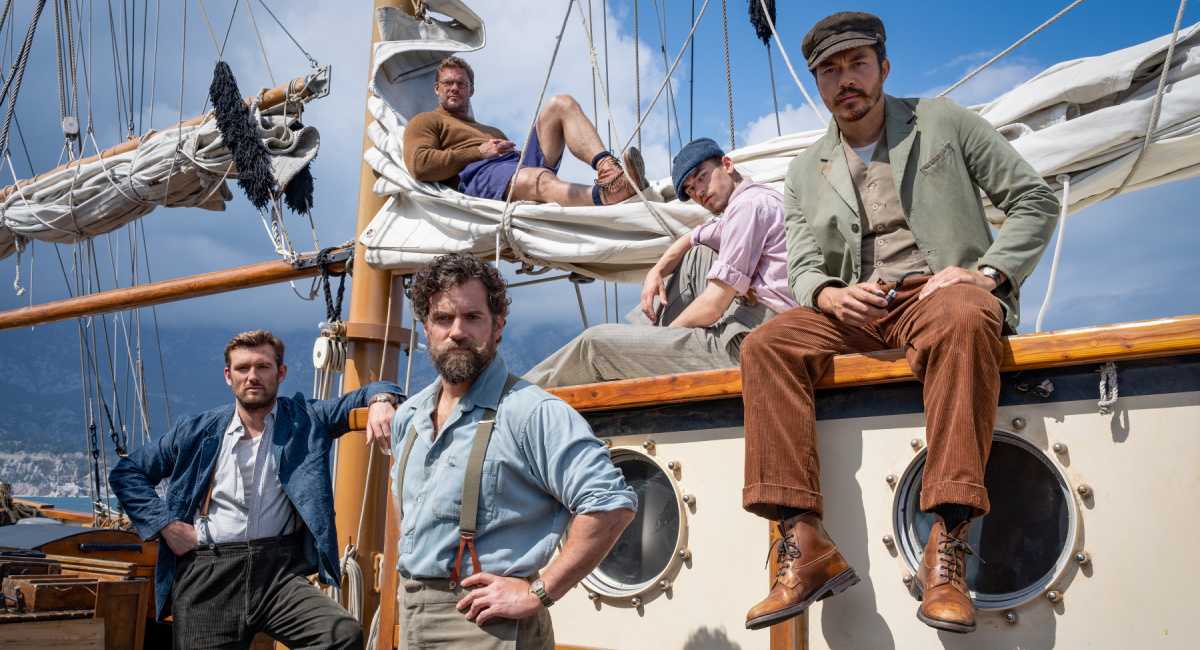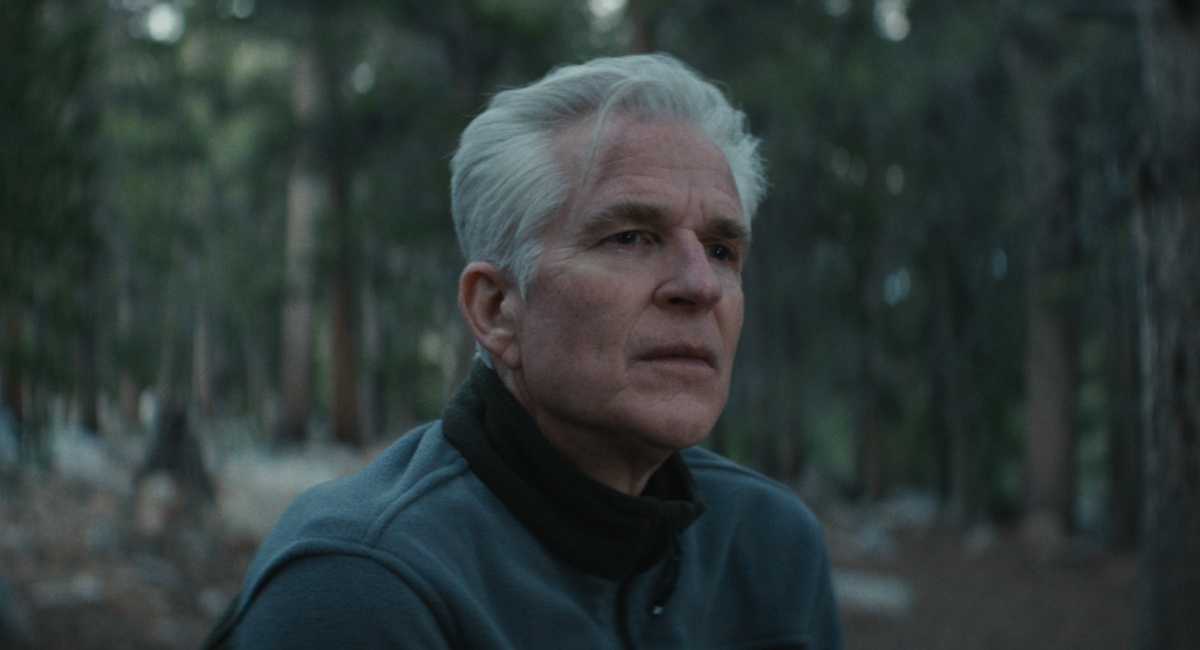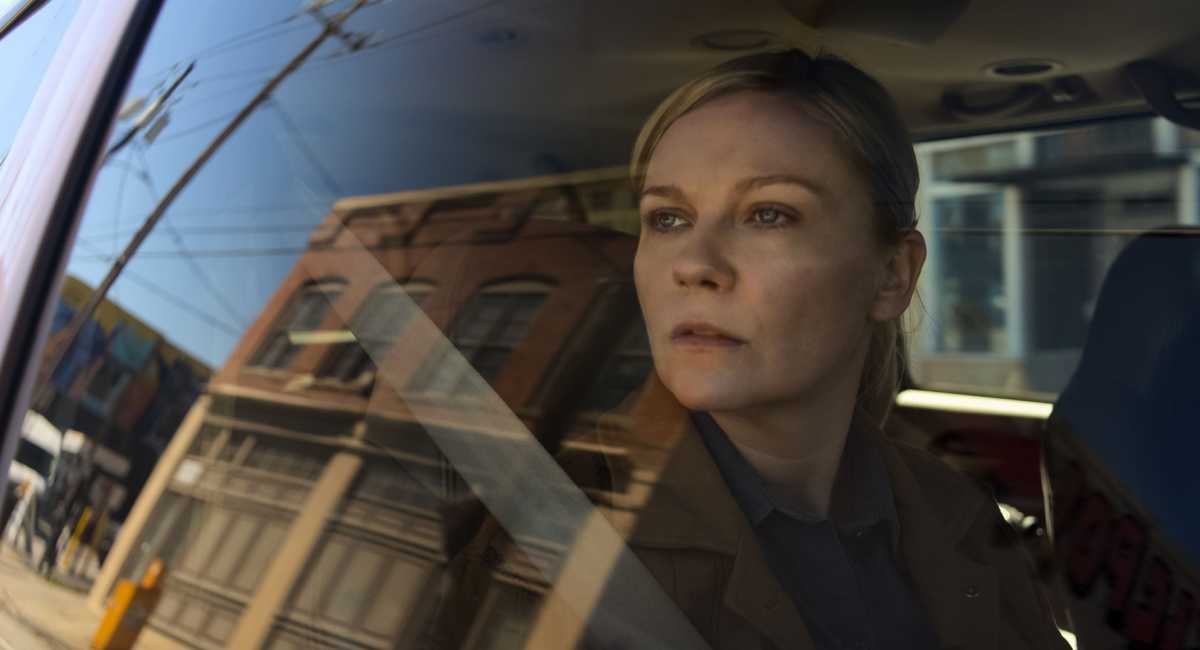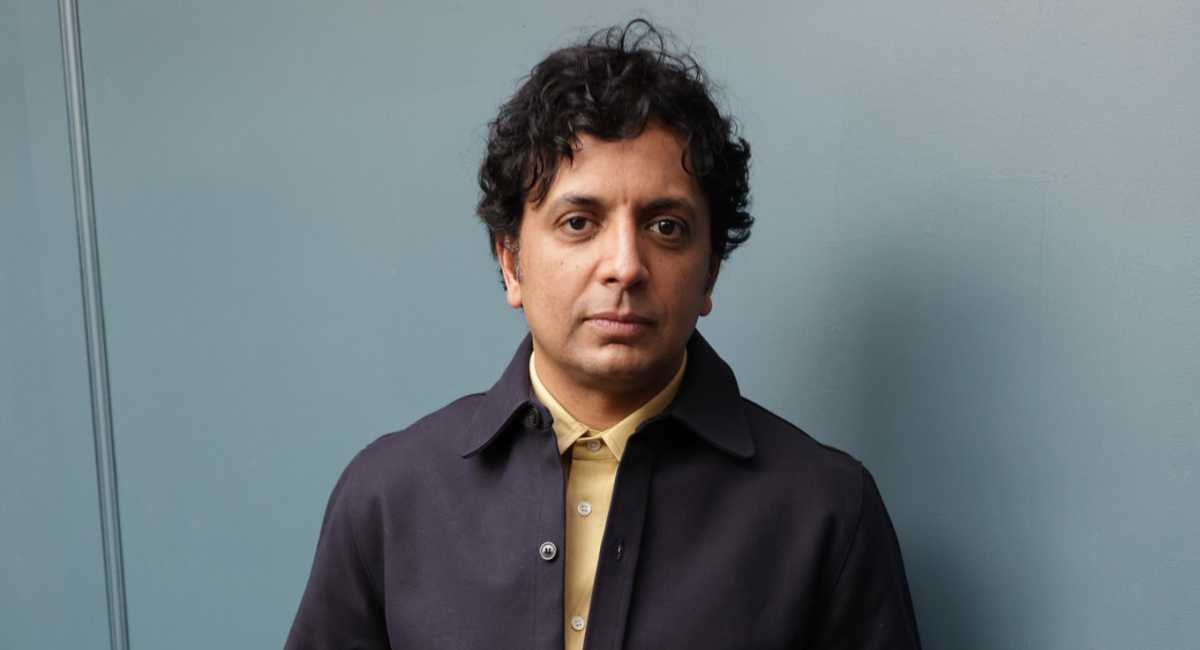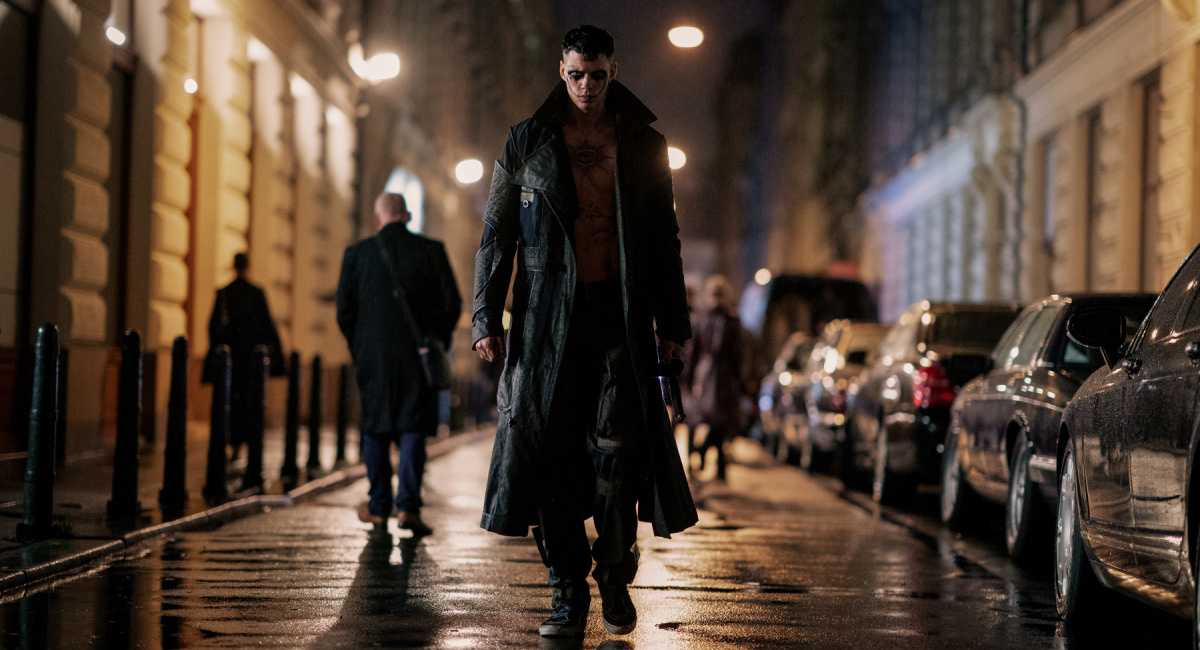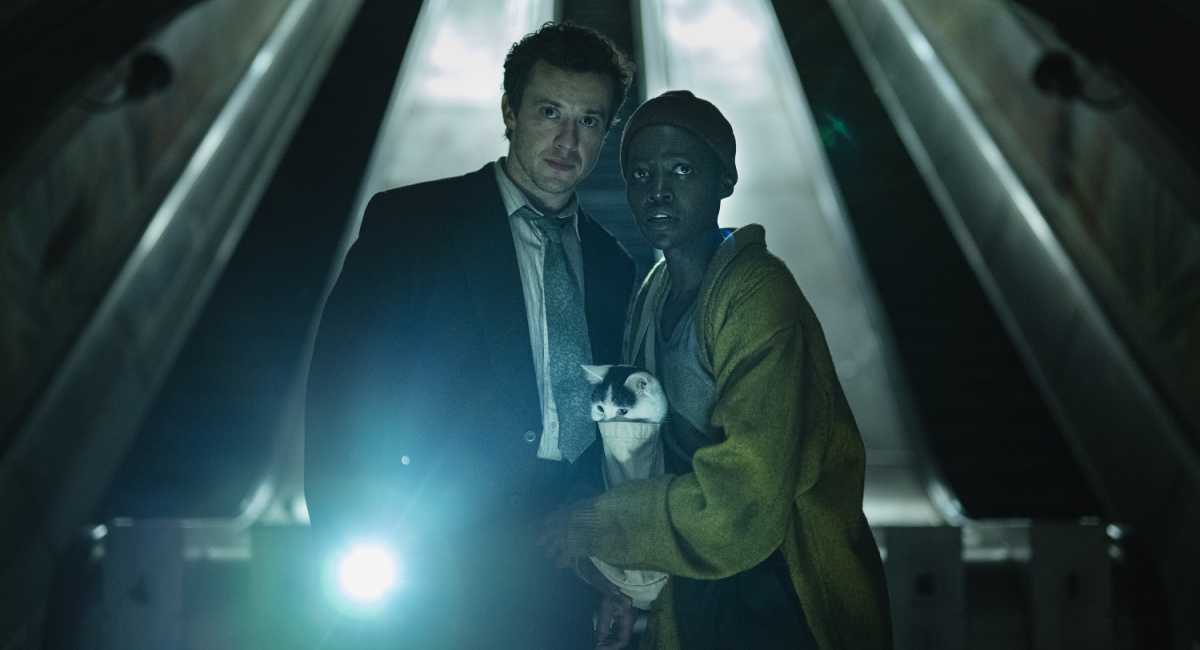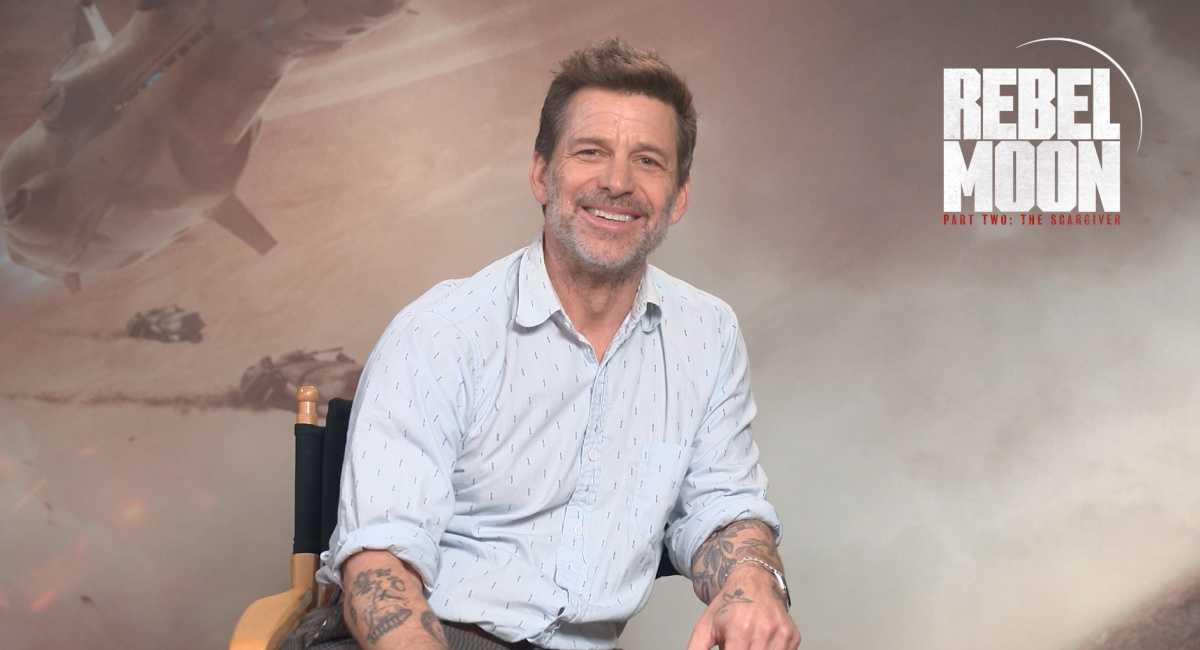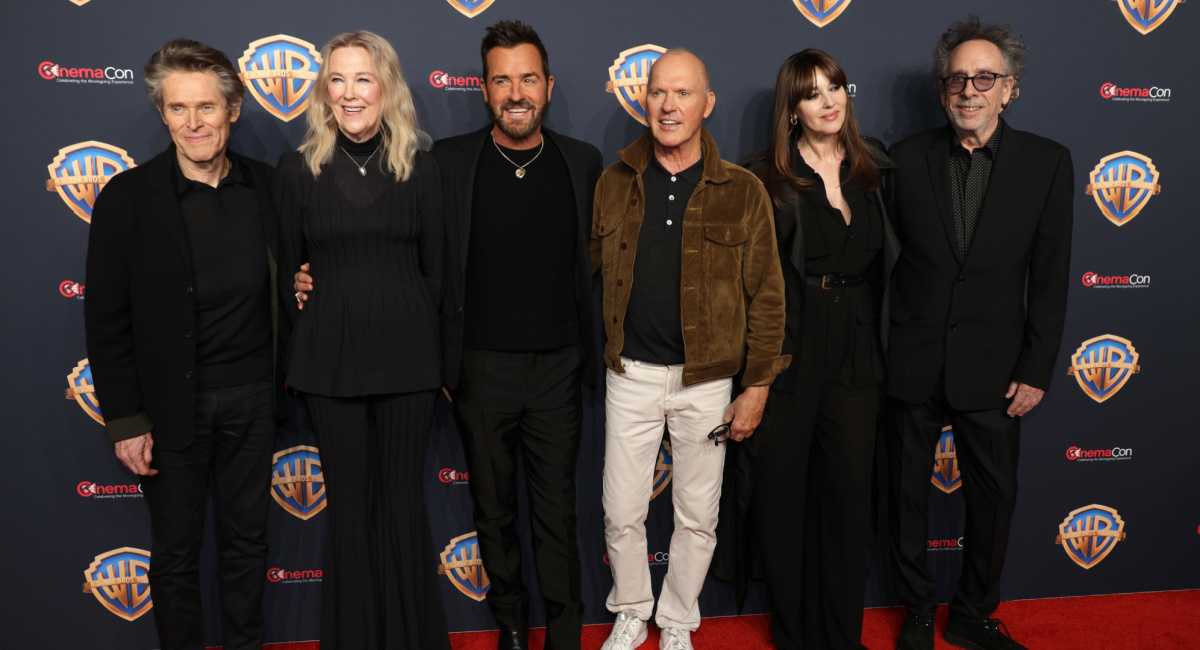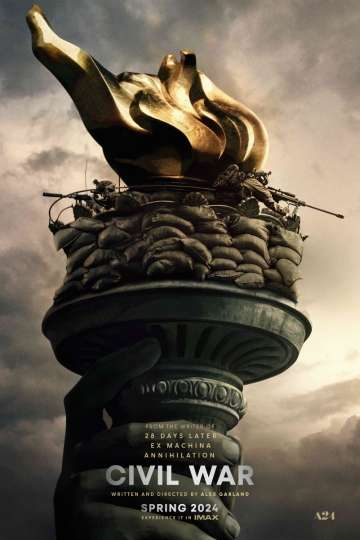What Happened to '13 Hours' at the Box Office?
Michael Bay, emperor of the action blockbuster, king of the fireball, may demand that everything in his life be awesome. So why were the opening weekend grosses of "13 Hours: The Secret Soldiers of Benghazi" anything but awesome?
Here was Bay's biggest stab at seriousness since "Pearl Harbor" 15 years ago: a based-in-fact war drama about recent events, staged with the kind of movie mayhem that no one does better (or at least bigger and louder), with the bonus of being tied to a hot-button issue that has much of red-state America up in arms. Plus, it follows on the heels of other patriotic, pro-military hits released during January, like "Lone Survivor" and "American Sniper."
Yet, it came in fourth with an estimated $16.0 million, ranked behind "Ride Along 2." "13 Hours" came in behind modest projections of $18 to $20 million. It's the lowest opening for the "Transformers" franchise director since his sci-fi flop "The Island" 11 years ago (which debuted with $12.4 million) and a big come-down for a filmmaker accustomed to premieres of $70 million or more.
What went wrong? Here are 8 reasons why "13 Hours" struck out at the box office.
1. Less-Than-Great Marketing
Paramount, Bay, and the film's cast have been promoting "13 Hours" with two opposing messages. To the mainstream media and the mass audience of moviegoers, the message was: Forget the controversy surrounding Benghazi. This film is just an apolitical salute to the heroism of the American military-trained mercenaries who fought and died there. But to audiences of conservative media outlets, the message was: Here's a true story that will once again cast a negative light on the Obama administration and on then-Secretary of State Hillary Clinton's State department for their security failures in Benghazi that left four Americans dead.
So, which is it? Paramount seemed to think that kind of ambiguity worked for last year's smash "American Sniper" and apparently tried to emulate it. The studio even held the premiere in the stadium where the Dallas Cowboys play -- which was also the site of "Sniper" subject Chris Kyle's funeral. But "Sniper" had a lot going for it that "13 Hours" doesn't, as you'll see below. One asset was that the controversy actually made people more interested in seeing it, rather than confusing them, as the "13 Hours" campaign seems to have done.
2. Michael Bay
Another thing "Sniper" had in its favor was Clint Eastwood, a director known for his thoughtful and nuanced filmmaking. There's nothing thoughtful or nuanced about Bay or his directing. Some moviegoers love his bombast; some think he's Uwe Boll with more money to spend on explosions. But no one thinks of him as a master of subtlety or documentary-style realism. Even the film's producer, according to an interview with Rolling Stone, thought Bay lacked the tone necessary to deliver what the subject matter deserved. The lesson here is: If you want serious war drama success, get someone else. If you want racist alien robots or exploding everything, get Bay.
3. Weak Reviews
Critics have never liked Bay's style, but since he presented the real-life siege at Benghazi with the same sonic and visual flourishes he uses in films about marauding giant robots from space, "13 Hours" wasn't going to change critics' minds about him. (See Rotten Tomatoes' 59 percent rating.)
The moviegoers who ignored the reviews seem to have really enjoyed the film, giving the film an A grade at CinemaScore and providing strong word-of-mouth recommendations. But to reach viewers who weren't Bay fans or already inclined to see it, "13 Hours" needed more positive reviews than it earned.4. Lack of Star Power
The star of a Michael Bay film is usually Michael Bay (or Optimus Prime), but he's had a lot of help over the years from an impressive list of A-Listers. But "13 Hours" stars... John Krasinski. Nothing against the "Office" alumnus, who buffed up admirably to star in the movie, but he's not the first guy (or 51st) you'd think of to play the lead in a combat film, and he's never played the male lead in a movie that opened higher than $14 million or grossed more than $43 million over its theatrical run in North America.
5. "Star Wars"
Even a month into the run of "The Force Awakens," there's really no shame in failing to beat the highest-grossing movie in American history. "Star Wars" continues to smash records at the box office and remains, well, a force of nature.
6. Tough Competition
But it wasn't just "Star Wars." "Ride Along 2" earned $10,721 per screen and "The Revenant" earned $8,289 per screen, and both were playing in at least 800 more theaters than "13 Hours" (which earned $6,697 per screen). In fact, "Revenant" added IMAX screens to its theater count this weekend, raking in the enhanced-format surcharges. It also benefited from Oscar noms this week, attracting crowds curious to see what all the buzz was about. Having huge box office draw DiCaprio headlining doesn't hurt, either.
7. Bay's Bloated Running Time
Bay hasn't made a movie under two hours in decades. At 144 minutes, "13 Hours" may have lost sales by screening fewer times per day than a shorter movie would. Then again, a running time of more than two hours hasn't hurt "Star Wars" or "Revenant." Which only shows that ticket buyers won't be put off by a movie's length if they're already inclined to see it.
8. Benghazi Fatigue
Bottom line: Maybe audiences just weren't very interested in revisiting the subject matter. Maybe they were back when Paramount greenlit the movie, but, in recent months, we've seen Benghazi hashed over by eight Congressional investigations, and we've seen Hillary Clinton withstand an 11-hour grilling over the event.
At this stage, when liberals consider Benghazi a settled issue and conservatives consider it yet another Obama scandal for which no one will ever be held accountable, many Americans may no longer be interested. Certainly no one is likely to change their minds, or learn anything that doesn't confirm their pre-existing opinions, from watching a Michael Bay movie.


